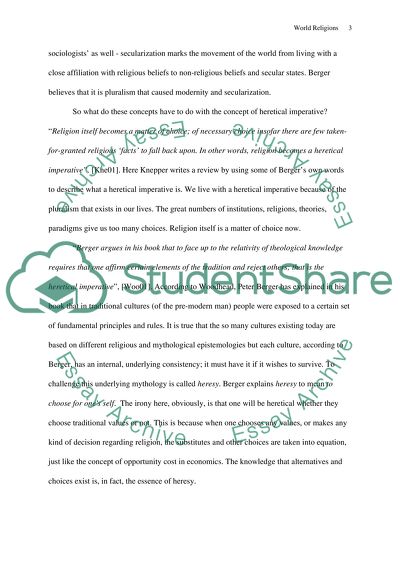Cite this document
(“World Religions: The Heretical Imperative Essay”, n.d.)
Retrieved from https://studentshare.org/religion-and-theology/1620397-world-religions-short-essay
Retrieved from https://studentshare.org/religion-and-theology/1620397-world-religions-short-essay
(World Religions: The Heretical Imperative Essay)
https://studentshare.org/religion-and-theology/1620397-world-religions-short-essay.
https://studentshare.org/religion-and-theology/1620397-world-religions-short-essay.
“World Religions: The Heretical Imperative Essay”, n.d. https://studentshare.org/religion-and-theology/1620397-world-religions-short-essay.


